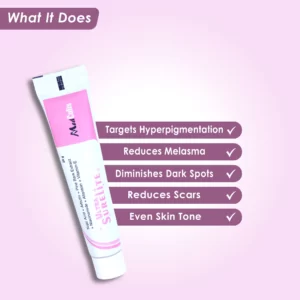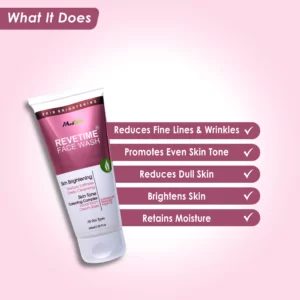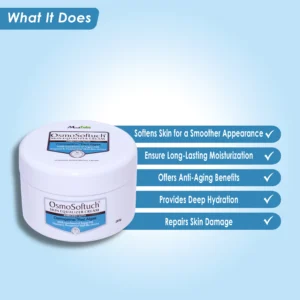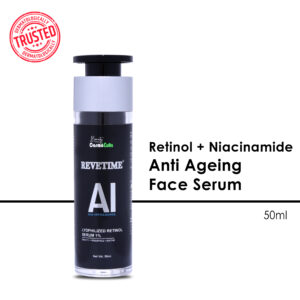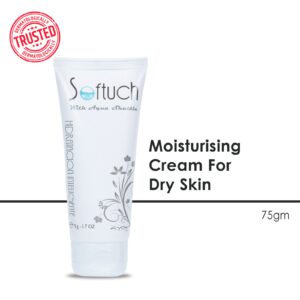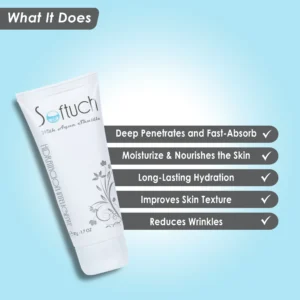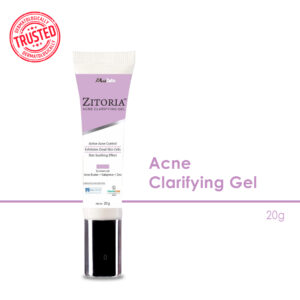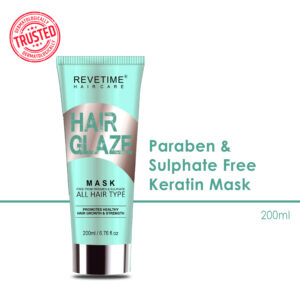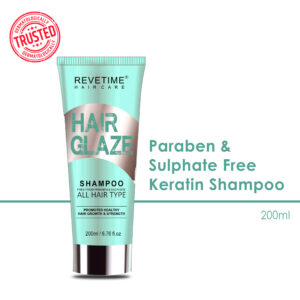“Canthalite | Skin Brightening Cream | Retinol | Niacinamide | Licorice | 50gm” has been added to your cart. View cart
-
- Sale!
Canthalite | Skin Brightening Cream | Retinol | Niacinamide | Licorice | 50gm
-
₹490.00Original price was: ₹490.00.₹475.00Current price is: ₹475.00. - Add to cart
-
- Sale!
Go Sleeveless | 3 in 1 Body Lotion | SPF 50 | Detans | Moisturize | Hyaluronic Acid | Suncat DE |Ceramides | 190ml
-
₹699.00Original price was: ₹699.00.₹680.00Current price is: ₹680.00. - Add to cart
-
- Sale!
Ultra Surelite | Skin Brightening Cream | Removes Age Spots | Boosts Collagen | Kojic acid | Niacinamide | 20gm
-
₹240.00Original price was: ₹240.00.₹220.00Current price is: ₹220.00. - Add to cart
Frequently Asked Question
- What is arbutin?
Arbutin is a naturally occurring compound found in several plants, such as bearberry, cranberry, and pear. It is widely used in skincare products for its potential skin brightening and lightening effects. - How does arbutin work on the skin?
Arbutin works by inhibiting the activity of an enzyme called tyrosinase, which is involved in the production of melanin, the pigment responsible for skin colour. By inhibiting tyrosinase, arbutin help to reduce the production of melanin, leading to a brighter and more even skin tone. - Is arbutin safe for skin use?
Arbutin is generally considered safe for topical use in skincare products. However, individual sensitivities or allergies occur. It’s advisable to perform a patch test before using products containing arbutin on your entire face to check for any adverse reactions. If you have specific concerns or known skin conditions, consult a dermatologist for personalized advice. - Can arbutin treat hyperpigmentation or dark spots?
Arbutin is commonly used in skincare products targeted at treating hyperpigmentation and dark spots. Its ability to inhibit tyrosinase help to reduce the production of melanin and fade dark spots over time. However, the effectiveness of arbutin depends on the individual and the severity of the pigmentation concern. - Can arbutin be used on all skin types?
Yes, arbutin is generally suitable for all skin types. It is considered a gentler alternative to some other skin-lightening ingredients, making it well-tolerated by most individuals. However, as with any new skincare product, it’s best to start with a patch test and gradually introduce arbutin-containing products to your routine to ensure compatibility. - Can arbutin be used in conjunction with other skincare ingredients?
Arbutin is used alongside other skincare ingredients. It is often combined with other brightening agents like vitamin C, niacinamide, or kojic acid to enhance its effects. However, it’s essential to follow product instructions and avoid using too many active ingredients simultaneously to prevent potential skin irritation. - Can arbutin make the skin more sensitive to the sun?
Arbutin itself does not typically increase the skin’s sensitivity to the sun. However, when using any product targeting hyperpigmentation or brightening, it is crucial to apply a broad-spectrum sunscreen with adequate sun protection (SPF) to protect the skin from harmful UV rays and prevent further pigmentation issues. - How long does it take to see results with arbutin?
The time it takes to see results with arbutin depends on various factors, such as the individual’s skin type, the severity of pigmentation, and the specific product being used. It may take several weeks or even months of consistent use to notice visible improvements in skin tone and reduction in hyperpigmentation.







